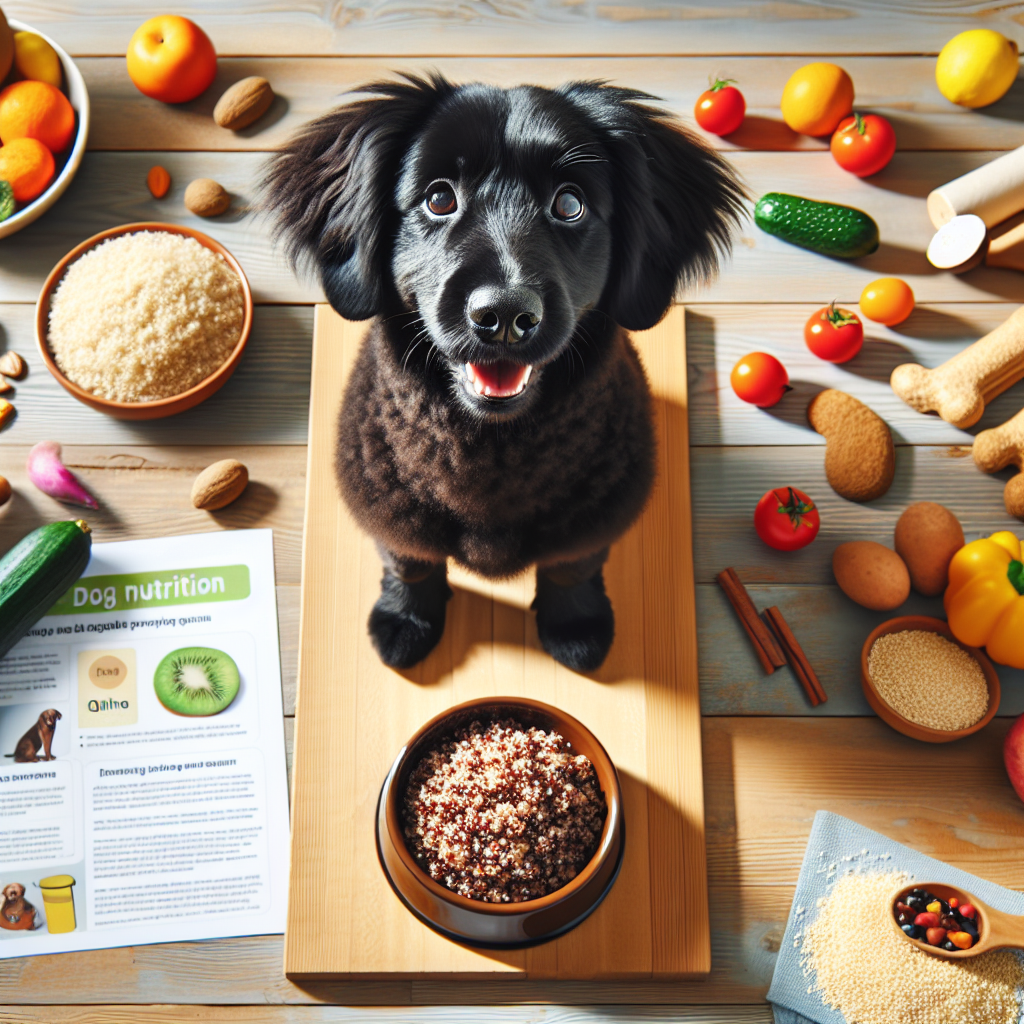Can Dogs Have Applesauce? A Guide for Pet Owners
As dog owners, we frequently seek healthy and tasty treats for our furry companions. One common question that arises is whether dogs can enjoy applesauce. This fruity puree is a favorite among many humans, but can it also be a safe and beneficial snack for dogs? The answer, in general, is yes—dogs can have applesauce, but there are several factors to consider before offering it to your pet.
Nutritional Benefits of Applesauce
Applesauce can be an enjoyable treat for dogs when consumed in moderation. Here are some potential benefits:
-
Vitamins and Antioxidants: Apples are rich in vitamins A and C, as well as beneficial antioxidants that can support a dog’s immune system and overall health.
-
Fiber: Applesauce contains dietary fiber, which can aid in digestion and help regulate bowel movements.
-
Low-Calorie Option: Unsweetened applesauce can be a low-calorie treat alternative to many commercial dog snacks, making it a good option for dogs on a weight management plan.
- Hydration: The high water content in apples can aid in keeping your dog hydrated, especially if they are not drinking enough water.
Choosing the Right Applesauce
While applesauce can be a safe treat, not all varieties are suitable for dogs. Here are some important considerations when selecting applesauce:
-
Unsweetened Applesauce: Always choose unsweetened applesauce without added sugars or artificial sweeteners. Sweeteners like xylitol, which is used in many sugar-free products, can be highly toxic to dogs.
-
No Additives: Ensure the applesauce is free from other additives or flavorings, such as cinnamon, nutmeg, or preservatives that could be harmful to dogs.
- Natural Ingredients: Ideally, look for products that list only apples as the primary ingredient or consider making your own homemade applesauce to control the ingredients.
How to Serve Applesauce to Your Dog
If you decide to treat your dog to some applesauce, keep the following tips in mind:
-
Moderation is Key: Even though applesauce can be a healthy option, it should only be a small part of your dog’s overall diet. Too much can lead to digestive upset.
-
Portion Size: Depending on the size of your dog, a teaspoon to a tablespoon is a reasonable serving. Always start small to see how your dog reacts.
-
Mix It Up: You can mix applesauce with your dog’s regular food for added flavor, or freeze it to create a refreshing summer treat on hot days.
- Observe for Reactions: As with any new food, introduce applesauce gradually and observe your dog for any adverse reactions, such as vomiting or diarrhea.
Conclusion
In summary, applesauce can be a safe and beneficial treat for many dogs when given in moderation and chosen wisely. By selecting unsweetened, additive-free varieties and monitoring your dog’s reactions, you can add variety to their diet while also enjoying a tasty snack. However, it’s always best to consult with your veterinarian before introducing any new food into your pet’s diet to ensure it aligns with their specific health needs. So next time you’re enjoying applesauce, feel free to share a little bit with your canine friend—it might just become their new favorite treat!





